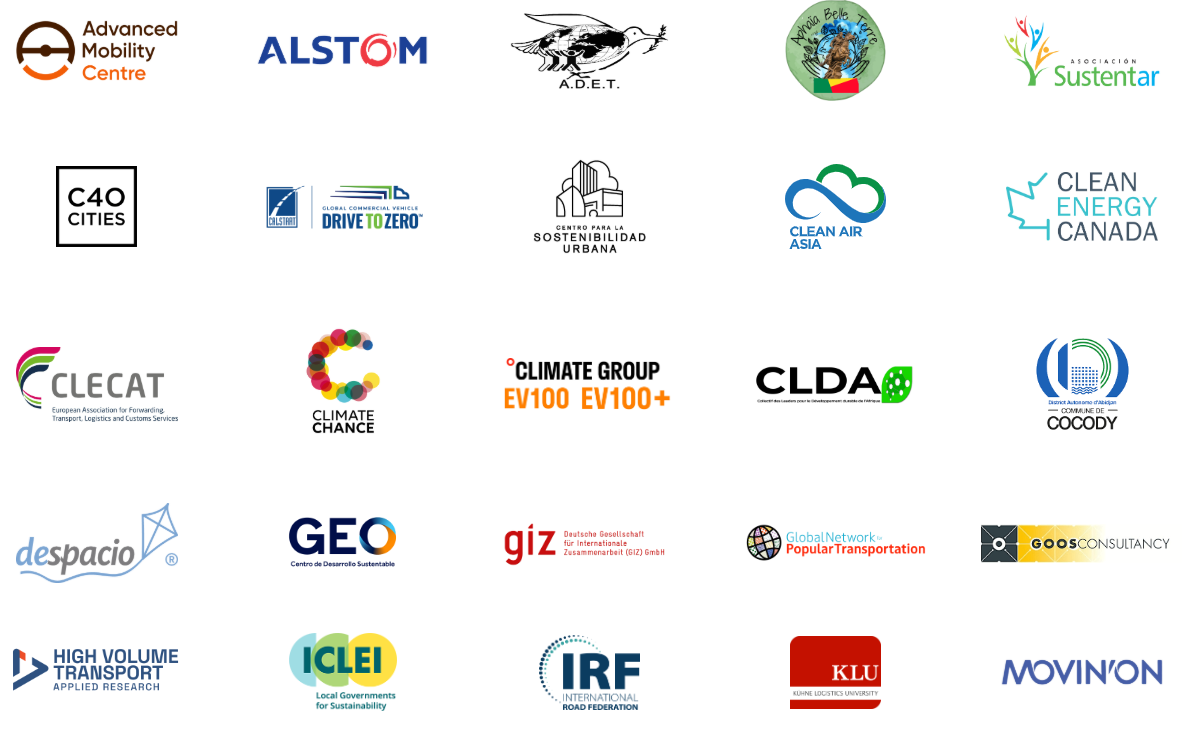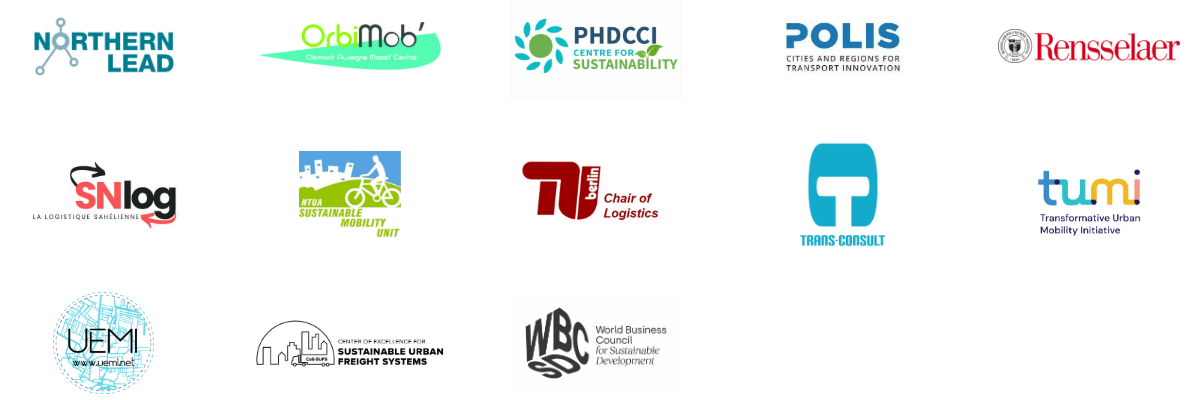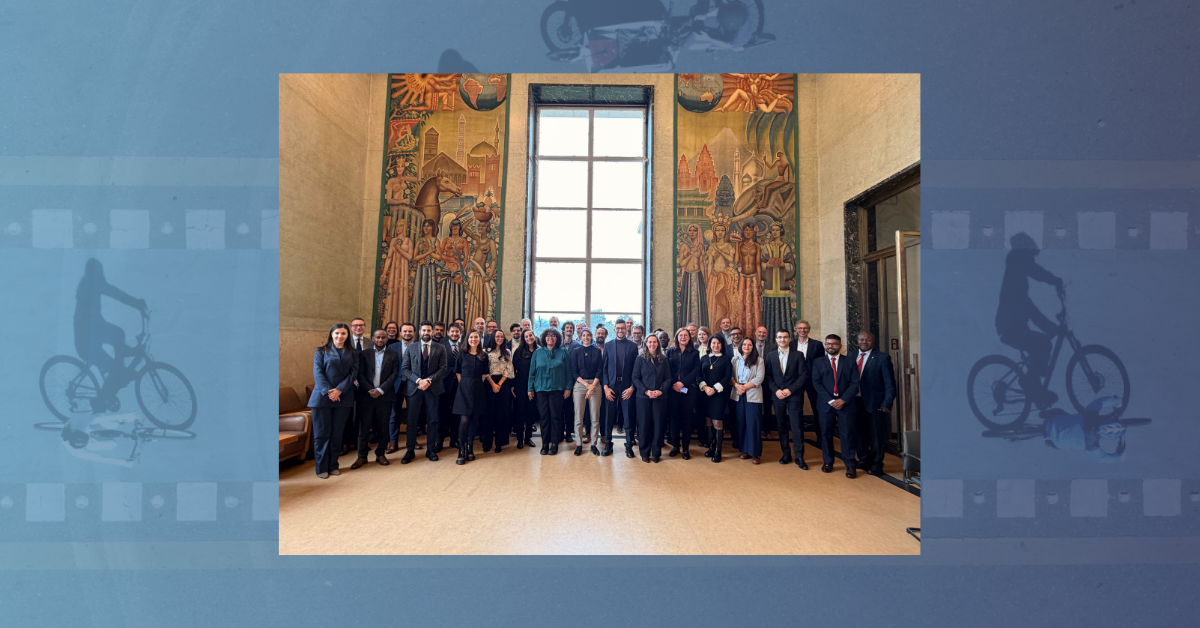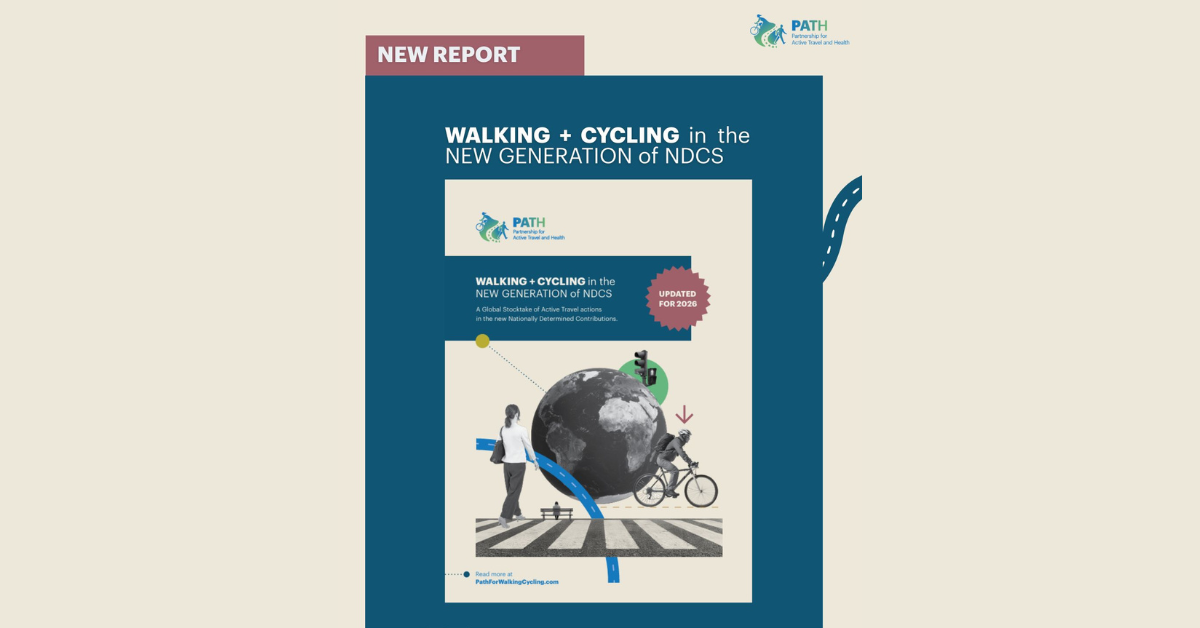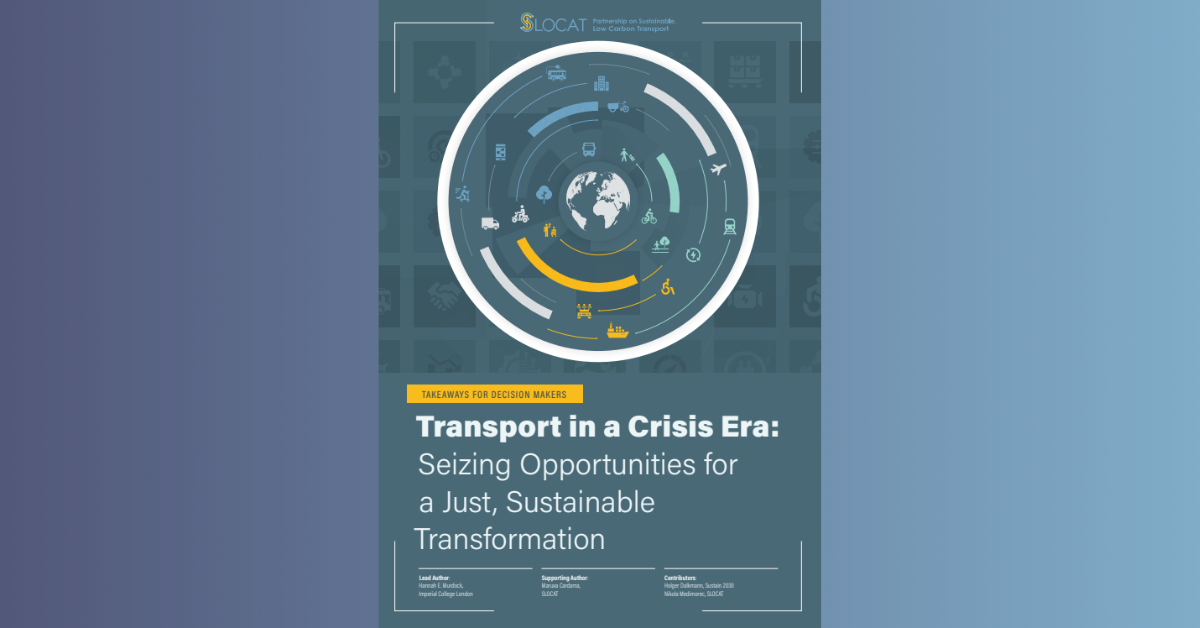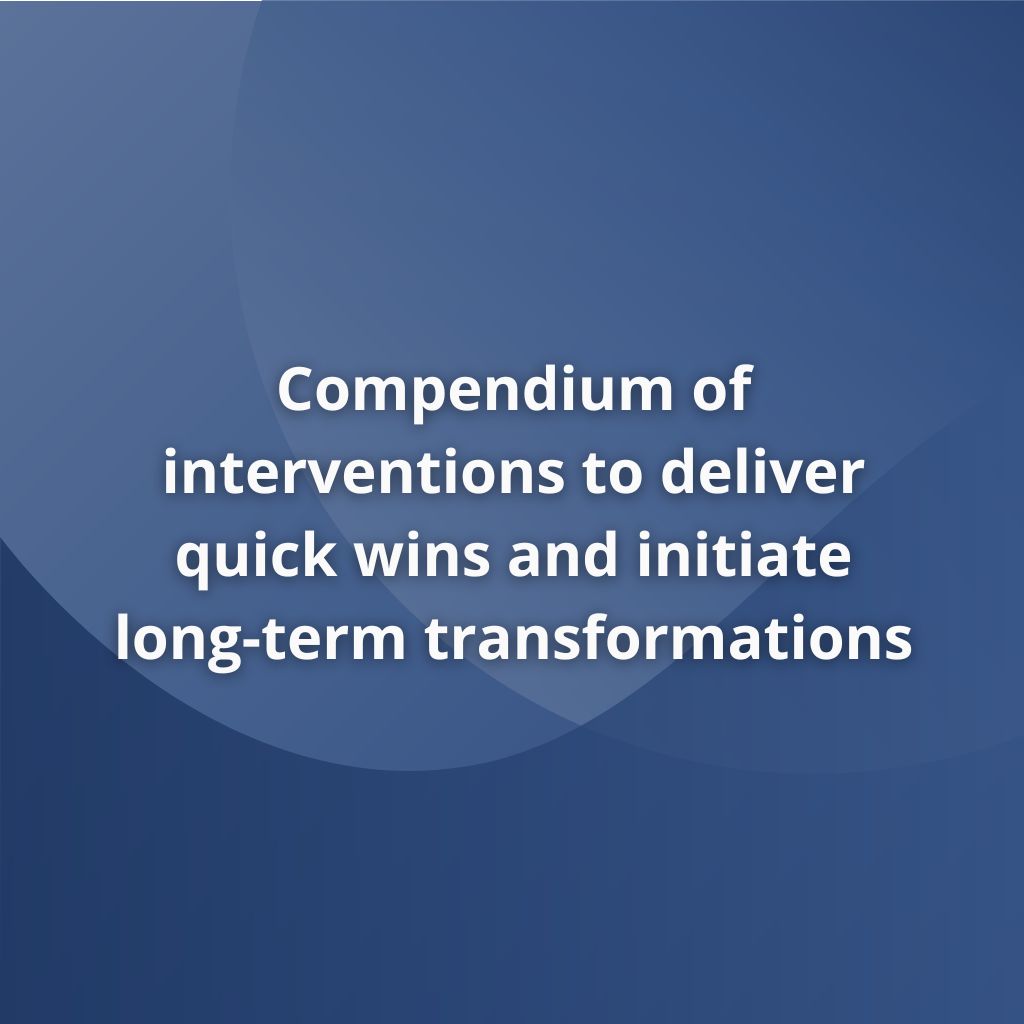To translate the vision of the Manifesto for intermodal, low-carbon, efficient and resilient freight transport and logistics into actionable steps, SLOCATand the Kühne Climate Center have embarked on the development of a compendium of policy and financing interventions.
- Connect goods, markets and consumers, driving socio-economic development. But recent challenges are exposing the increased vulnerabilities of freight systems and their workforce
- Can significantly enhance people's quality of life, boost local production, jobs, tax revenue, circularity and resilience to shocks, and reduce energy consumption and emissions
- Play a key role in accelerating the transition to a low-carbon economy, green jobs, low-carbon technologies and low-carbon value chains. But the way goods are moved today results in negative climate and sustainability impacts
- Resilience is crucial. The negative impacts of transport disruptions on a country’s connectivity and development are even greater than the huge financial losses in transport assets
Critical enablers
Be part of the change!
This manifesto was launched at the first United Nations Global Supply Chain Forum organised by United Nations Trade and Development and the Government of Barbados on 21 – 24 May 2024 in Bridgetown, Barbados.
Manifesto for intermodal, low-carbon, efficient
and resilient freight transport and logistics
In a world of interconnected challenges, our economies and societies must transform to remain competitive, equitable and resilient, while keeping global warming to 1.5ºC. Accelerating the transformation of freight transport and logistics is among the most impactful steps the global community can take to enable positive socio-economic transformations by mid-century.
We call on governments and businesses to plan and finance intermodal, low-carbon, efficient and resilient freight transport and logistics. We urge action towards prioritising systems that efficiently and resiliently combine low-carbon services from the first to the last mile, be that local or intercontinental. We also call for urgent action on transitioning to zero emission fuels and renewable energy, optimising logistics systems, and creating local and circular value chains.
Freight transport and logistics connect goods, markets and consumers, driving socio-economic development. International freight corridors can foster international cooperation and regional stability. However, challenges like the COVID-19 pandemic, geopolitical tensions, energy supply issues, inflation and extreme climate events are exposing the increased vulnerabilities of freight systems and their workforce. Projected changes in demographics, climate, behaviour, energy sources, production and consumption location, workforce and technology will dramatically impact the future of freight transport and logistics.
Improving freight transport and logistics can significantly enhance people’s quality of life, even though these operations often go unnoticed. From major shippers to informal deliveries at our doorstep, a wide range of operators and economic flows are involved. Transforming freight transport and logistics is crucial for boosting local production, jobs, tax revenue, circularity and resilience to shocks, and can also reduce energy consumption and emissions.
Freight transport and logistics play a key role in accelerating the transition to a low-carbon economy, creating green jobs, scaling up low-carbon technologies and enabling low-carbon value chains. However, the way goods are moved today results in significant climate impacts, air pollution, noise, fossil fuel consumption and loss of habitats with substantial social and economic costs. Because of its near complete dependence on fossil fuels and the growing demand for transport, in 2022 the transport sector accounted for 20.7% of global CO2 emissions, with freight transport contributing 42% of them. Urban transport related to the movement of goods is increasing. With freight transport demand expected to more than double by 2050, without a paradigm shift, the negative impacts from freight transport will continue to rise.
The resilience of freight transport and logistics is crucial. The negative impacts of transport disruptions on a country’s connectivity and development are even greater than the huge financial losses in transport assets. Transport is also a lifeline and essential for rapid recovery in moments of disaster and shocks. Low- and middle-Income countries, where many systems still have to be developed, can avoid sunk investments and costly retro-fitting, if adequate climate finance for both mitigation and adaptation is made available now.
We emphasise that to achieve decarbonised and sustainable pathways, we need to transform freight transport and logistics systems. This requires prioritising systems that efficiently and resiliently combine low-carbon services from the first to the last mile, be that local or intercontinental. It also requires transitioning to zero emission fuels and renewable energy, optimising logistics systems, and creating local and circular value chains. Protecting workers and giving them a voice in decision making, in alignment with the principles of a just transition, will be key to making the transformation possible.
Global frameworks and processes at the intersection of transport, development, climate, energy and resilience often overlook the role of freight transport and logistics in prosperous, low-carbon, resilient societies. Responsibility and solutions often get lost within an international system that primarily assigns them to state actors, lacking transparent mechanisms for monitoring progress and harnessing action by multiple stakeholders. The political, technical, monitoring and financial mechanisms of these global frameworks must prioritise addressing challenges and leveraging solutions in freight transport and logistics, especially in low- and middle-income countries.
While each country will adopt its own pathway, there are critical enablers to
intermodal, low-carbon, efficient and resilient freight transport and logistics systems. We call on governments and businesses to urgently take bold action.
Co-Initiators

Signatories
